Artificial intelligence (AI) has become a powerful tool in various sectors, and the legal department is no exception. The application of AI in the legal field has revolutionized the way contracts are managed. This technology offers innovative solutions that can increase efficiency, reduce costs and minimize human error.
In this article, we will explore some of the artificial intelligence solutions that can be used in the legal sector.
Artificial intelligence solutions that can be used in the legal industry.
Artificial intelligence solutions that can be used in the legal sector
Speech Recognition
Speech recognition is one of the most prominent AI solutions in the legal field. It enables legal professionals to dictate legal documents, transcribe recordings of hearings or meetings, and quickly search through large volumes of audio files. This technology saves time and reduces administrative workload, allowing lawyers to focus on more strategic, higher-value tasks.
Natural Language Generation (NLG)
Natural language generation is another AI solution that can be of great use in a legal department. This technology allows the automatic creation of legal documents, such as contracts or court pleadings, using predefined templates and data provided by lawyers. Natural language generation not only speeds up the drafting process, but also helps maintain consistency and accuracy in legal documentation.
Machine Learning
Machine learning is a branch of artificial intelligence that relies on the ability of machines to learn and improve from data without being explicitly programmed. In the legal field, machine learning can be used to analyze large volumes of legal data, such as case law or past contracts, and extract relevant information. This can help lawyers make more informed decisions, identify patterns and trends, and predict legal outcomes more accurately.
Deep Learning
Deep learning is an advanced form of machine learning that uses artificial neural networks to process and analyze data in a manner similar to the human brain. In the legal field, deep learning can be used for tasks such as analyzing sentiment in legal documents, automatically classifying court cases or detecting confidential information in contracts. This technology enables greater automation and efficiency in the management of legal information.
Natural Language Processing
Natural language processing (NLP) is a branch of artificial intelligence that deals with the interaction between computers and human language. In legal departments or law firms, NLP can be used to analyze and understand large volumes of legal documents, such as contracts or deeds, identify relevant clauses, perform automatic summaries and search for specific information.
Must-have artificial intelligence applications for in-house lawyers
The implementation of artificial intelligence (AI) applications in the legal field has provided in-house lawyers with innovative and efficient tools to improve their productivity and optimize contract management. These applications offer a range of automated functions and intelligent analytics that help simplify and streamline the day-to-day work of legal professionals. Here are some of the must-have AI applications for in-house lawyers:
Bounsel AI
Bounsel AI is an artificial intelligence application designed for contract management. This platform uses machine learning techniques to analyze and classify legal documents, identify relevant clauses and terms, and extract key information. With Bounsel AI, in-house lawyers can automate repetitive tasks, reduce errors and optimize workflow in contract review and drafting.
Legal review
Legal Review takes care of contextualizing legal information in working documents, providing legal certainty and greater accuracy to lawyers. In this way, we can obtain information on quotes from legislation, jurisprudence or repealed regulations that may affect our case.
Otter.ai
Otter.ai is a voice recognition application that uses artificial intelligence to automatically transcribe meetings, calls and conferences. This tool is especially useful for in-house lawyers, as it allows them to easily capture and review conversations and take notes without having to worry about losing important information. Otter.ai transcribes audio recordings in real time and provides an accurate and editable transcript. In addition, it offers the ability to search for keywords and tag the most relevant snippets, making it easy to reference and retrieve information.
Donna
Donna is an artificial intelligence-powered virtual assistant that provides administrative support to in-house lawyers. This application can perform tasks such as drafting and reviewing agreements. Donna acts as a personal assistant, simplifying administrative tasks and allowing lawyers to focus on their higher value legal work.
Clio
Clio is a legal practice management platform that incorporates artificial intelligence to help in-house lawyers manage their work and cases more efficiently. This application provides features such as time tracking, billing, document management, calendaring and client communication.
The application of artificial intelligence in the legal department has transformed the way in-house lawyers manage contracts and conduct their daily work. AI solutions, such as speech recognition, natural language generation, machine learning, deep learning and natural language processing, have proven to be indispensable tools for improving efficiency, reducing costs and minimizing human error.
Artificial intelligence applications offer specific functionalities and benefits that address the specific needs of in-house lawyers. These tools automate repetitive tasks, simplify contract review and drafting, facilitate transcription of meetings and calls, provide administrative support, and enable more efficient legal practice management.
In short, artificial intelligence has proven to be an invaluable ally in the legal sector, especially in in-house legal departments. These AI solutions offer unprecedented potential to increase productivity, improve efficiency and provide significant added value in contract management and the legal practice in general. By leveraging these technologies, in-house lawyers can improve their performance and deliver superior service to their clients and organizations.
If you want to elevate the potential of your contract management, with the help of AI it is possible. Request a meeting with us and we will explain how to use this revolutionary technology.










